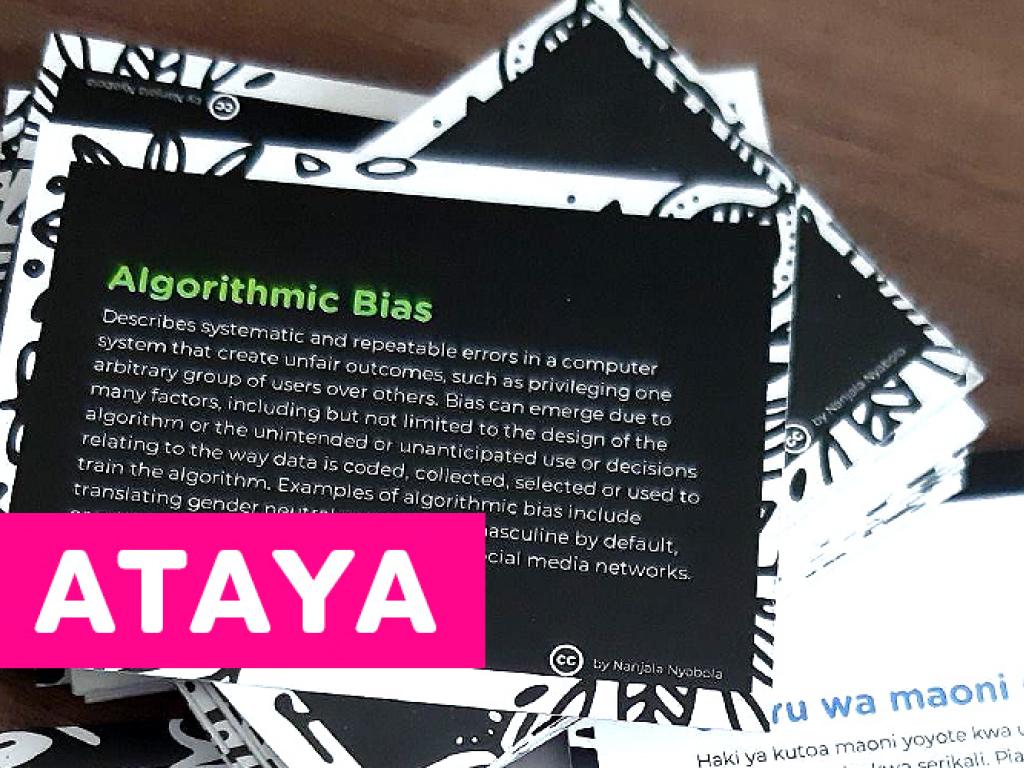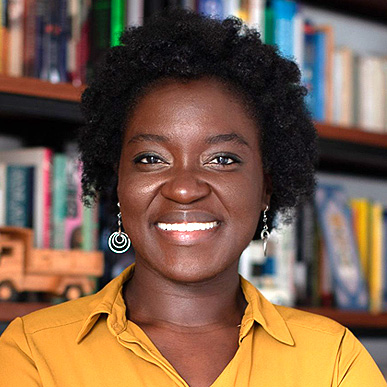Citizenship, language and digital rights: The status of African languages as a measure of the health of digital rights. Nanjala Nyabola


Ataya: HUMA Interdisciplinary Seminar Series

Project/Paper: 'Citizenship, Language and Digital Rights: The Status of African Languages as a Measure of the Health of Digital Rights' by Nanjala Nyabola, draft paper, August 2021
Bio: Nanjala Nyabola is a writer and researcher based in Nairobi, Kenya. Her work focuses on the intersection between technology, media, and society. She holds a BA in African Studies and Political Science from the University of Birmingham, an MSc in African Studies and an MSc in Forced Migration, both from the University of Oxford, as well as a JD from Harvard Law School. She has held numerous research associate positions, including with the Overseas Development Institute (ODI), the Oxford Internet Institute (OII), and other institutions, while also working as a research lead for several projects on human rights broadly and digital rights specifically around the world. She is a fellow at the Centre for International Governance Innovation (CIGI), the Digital Forensic Lab at the Atlantic Council, The Centre for Intellectual Property and Information Technology (CIPIT) at Strathmore University, and the Centre for International Cooperation (CIC) at NYU. She has published in several academic journals, including the African Security Review and The Women's Studies Quarterly, and contributed to numerous edited collections. Nyabola also writes commentary for publications like The Nation, Al Jazeera, The Boston Review and others. She is the author of Digital Democracy, Analogue Politics: How the Internet Era is Transforming Politics in Kenya (Zed Books, 2018) and Travelling While Black: Essays Inspired by a Life on the Move (Hurst Books, 2020).
Topic: This seminar describes a 2021 project to develop and disseminate translations of key terms and concepts in digital rights into Kiswahili, the most widely spoken African language in the world and an official language in Kenya and Tanzania. Kiswahili language scholars gathered in virtual platforms to provide neologisms and translations of key terms that were then freely distributed to schools, universities and the general public through various initiatives like language writing prizes, flashcards and articles. The goal of the paper the seminar centres on is to deepen the theory behind this project, connecting pre-existing work in linguistics, literature and social theory by Ngugi, Mazrui and others to the practice of advocacy on digital rights. Sociolinguistics has long argued that language is more than merely words or phrases and that it is crucial to provide information in African languages to strengthen and preserve those languages and also to enhance the participation of these language communities in shaping their social realities. This paper will deepen the hypothesis that this work of translation in digital rights in Kiswahili will enhance the ability of Kiswahili language communities in East Africa to articulate and defend their digital rights in the shadow of growing digital authoritarianism in the region.